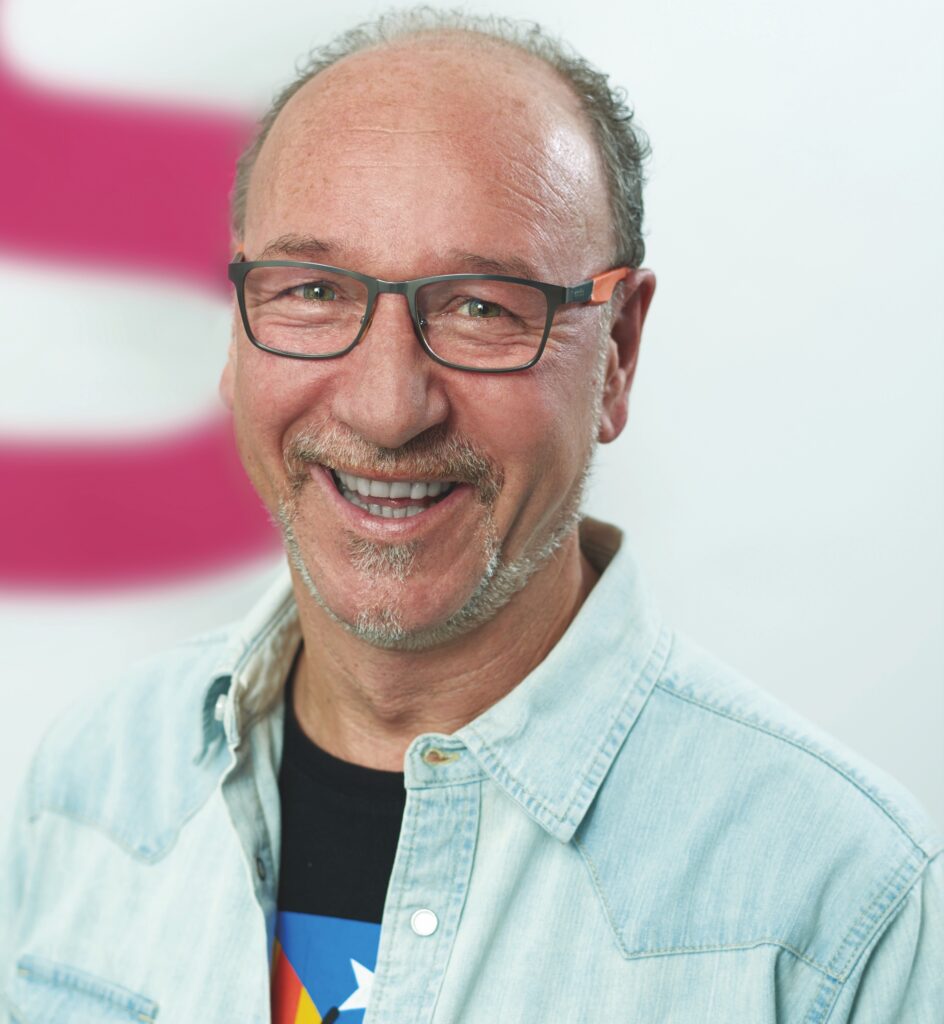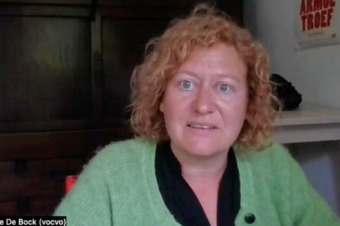Tønsberg, Tuesday, June 13th, 2023

Hjertelig Velkommen!
Herzlich Willkommen!
Un benvenuto cordiale a tutti!
Bienvenue à toutes et à tous!
¡Una cálida bienvenida a todas y todos!
A very warm welcome to all of you.
We are around 120 participants from 22 countries!
First and foremost, I am simply grateful and delighted that we will be able to hold this 18th EPEA conference here in Tønsberg and to have extensive opportunities for professional exchange.
During the pandemic, it was difficult or even impossible to provide education in correctional facilities. This also had an impact on the EPEA. We had difficulties to maintain professional exchange in this situation, and perhaps even to intensify it, as it might have been necessary. So, we even had to cancel the 2021 conference.
But just as the pandemic promoted digitalisation in prisons, this conference could represent a restart for the EPEA as an organisation. It’s not about the goals and principles of the EPEA. These remain the same. But structures, procedures and responsibilities need to be rethought and redefined.
As always, the EPEA conference serves as a professional exchange for all those involved in education in prison. After all, practitioners from different countries who teach in prison in a very specific and often isolated environment have more in common than they have with teachers in adult education in their own country.
In addition, the conference should be an inspiration and motivation for all of us to continue to stand up for the full implementation of the Council of Europe Recommendation R(89) on Education in Prison.
Prison education is provided first and foremost for its own sake. For education is the tool for personal growth and development, both in prison and outside the walls.
Above all, education is always about mutual respect, empathy, and confidence, not about ability and not about status. This way we have a sustainable impact on our students.
Education serves to enable participation in society, to be able to assume one’s role as a member of a community or as a citizen of a country.
And finally, it is the duty of every state to take care of the weakest of its members. And in prison, that often-enough means improving the educational level of the incarcerated persons. Just because a person has committed a crime, it does not absolve the state of its duty to integrate the most vulnerables.
I hope – and I am very confident about this – that this universal claim of education and the shaping power associated with education will be heard again and again at this conference.
The fact that this conference in Tønsberg can take place at all is primarily thanks to our colleagues from FOKO, the Norwegian branch of the EPEA. They offered to organise the conference a good year ago. And in the past months they have put this event together with passion and commitment and supported it financially. Thank you very much for this! (applause)
Many thanks also to the County Governor of Vestland, which supports the event with a considerable donation.
Special thanks to the Correctional Service, Region South, represented by the director Synne Engh-Hellesvik, and the responsibles for prison education in the county of Vestfold and Telemark, represented by Ben Ståle Leirvåg. They’ve made it possible that the participants of the conference can visit the different prisons and their schools.
And finally, I want to extend special thanks to all my colleagues from the Steering Committee. In particular, Paal Breivik and Ruth McFarlane made a very big effort to make it happen for us to be here today. I really appreciate the privilege of working with the two of you.
THANK YOU!
I declare the 18th EPEA Conference opened.
Thomas Wüthrich, SUI, interim chair
![The Value of Freedom [EN|ES]](https://www.epea.org/wp-content/uploads/ducomenter22-340x226.jpg)


